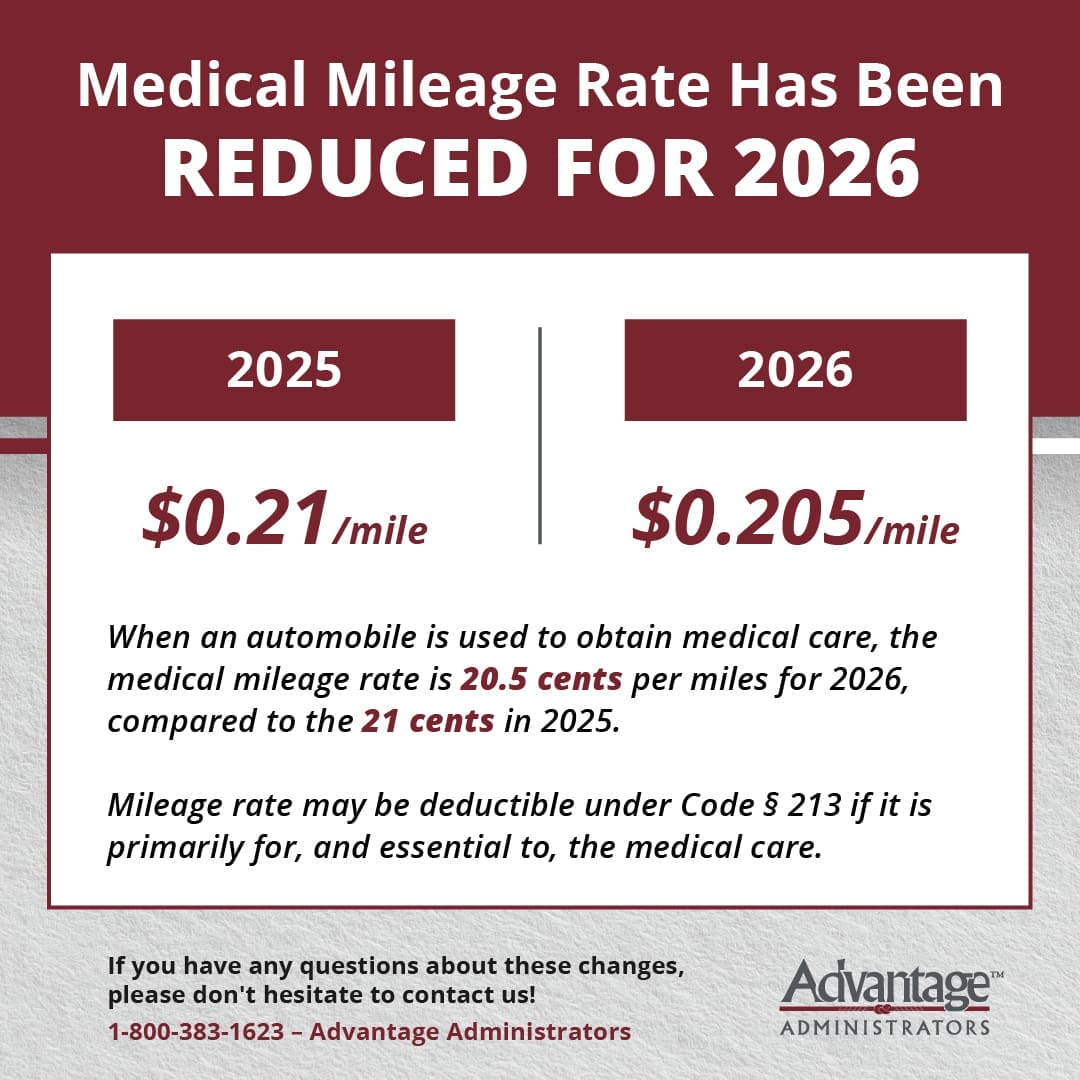Considerations When Choosing a Health Plan for the First Time
Whether you’re transitioning from your parents’ insurance, landed your first full-time job or are simply obtaining coverage for the first time, choosing health plans and employee benefits can be overwhelming. You’ll likely hear a lot of terms and acronyms that you’ve never heard before. For starters, let’s look at a few considerations when evaluating health plans for the first time.
Assess Your Annual Expenses
Understanding your annual healthcare expenses is a fundamental step in selecting the right health plan. Consider whether you typically have low or high medical expenses. If you rarely require medical care and prefer to save on monthly premiums, a plan with a higher deductible and lower premiums might be suitable. On the other hand, if you anticipate regular medical visits, chronic conditions or potential emergencies, a plan with lower deductibles and higher premiums may offer better cost protection.
Determine Desired Benefits
Identifying benefits you value most is a crucial aspect of selecting a health plan. Think about your healthcare priorities, such as prescription medications, specialist visits, mental health services or maternity coverage. Some plans may offer more comprehensive coverage in these areas, while others might focus on essential services. Make a list of benefits that matter most to you and use it as a guide when comparing health plans.
Understanding Different Medical Plans
To make an informed decision, it’s essential to understand various medical plans and how they relate to your life. Let’s explore common options:
- Preferred Provider Organization (PPO): PPO plans offer flexibility by allowing you to visit any healthcare provider but they generally come with higher premiums. If you prefer the freedom to choose your doctors and specialists without referrals, a PPO might be suitable for you.
- Health Maintenance Organization (HMO): HMO plans typically offer lower premiums and require you to choose a primary care physician (PCP) who coordinates your healthcare. If you’re comfortable with the idea of seeking referrals to see specialists and prefer a more structured approach to your healthcare, an HMO might be a good fit.
- Point of Service (POS): POS plans combine elements of both PPO and HMO plans. They allow you to choose between in-network and out-of-network providers, offer greater flexibility than HMOs but at a higher cost. POS plans may be ideal if you value choice while still benefiting from coordinated care.
- Exclusive Provider Organization (EPO): EPO plans limit coverage to in-network providers only. They generally have lower premiums than PPO plans but do not require referrals for specialists. If you’re comfortable with a more restricted network and don’t anticipate needing out-of-network coverage, an EPO plan could be a cost-effective option.
HSAs and FSAs as an Option
Health savings accounts (HSAs) and flexible spending accounts (FSAs) are among pre-tax accounts you can contribute funds to and save money on healthcare costs. However, your eligibility for either account can be influenced by the health plan you choose.
- To qualify for an HSA, you must be enrolled in an HSA-eligible health plan (or high-deductible health plan) that meets IRS requirements.
- To qualify for a general-purpose medical FSA, you can’t also be participating in an HSA. However, you can participate in a limited FSA and an HSA simultaneously.
Review Cost-Sharing and Out-of-Pocket Expenses
In addition to premiums, it’s crucial to evaluate cost-sharing and out-of-pocket expenses associated with each health plan. Look at factors such as copays, coinsurance and deductibles. Copays are fixed amounts you pay for each medical service, while coinsurance is a percentage of the cost you share with the insurance company. Deductibles are the amount you must pay before your insurance coverage kicks in. Compare these elements across different plans to assess their impact on your budget.
Seek Expert Advice and Use Online Tools
Don’t hesitate to seek guidance from healthcare professionals or insurance experts who can offer valuable insights and advice. Additionally, take advantage of online resources and tools provided by Advantage Administrators and WEX! These resources include plan comparison tools, cost calculators and coverage explanations to help make an informed decision.
Be mindful of health insurance enrollment periods. If you have recently turned 26 or experienced another qualifying life event, you may be eligible for a special enrollment period.
The information in this blog post is for educational purposes only. It is not investment, legal or tax advice. For legal or tax advice, you should consult your own counsel. To stay up to date on benefits trends and insights, subscribe to our blog.










 Flex Plans
Flex Plans Forms
Forms HSA
HSA HRA
HRA Retirement
Retirement Health Shopper
Health Shopper FSA Store
FSA Store